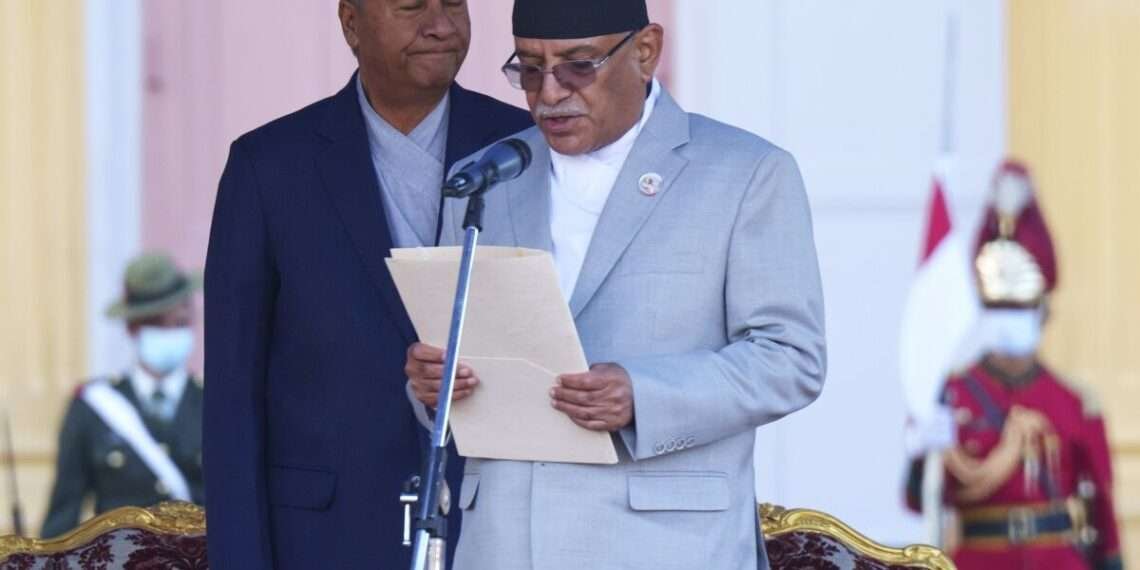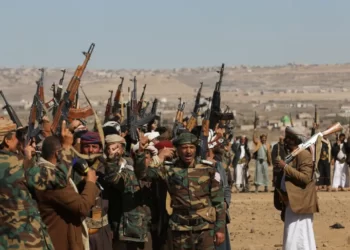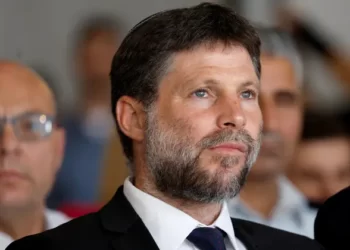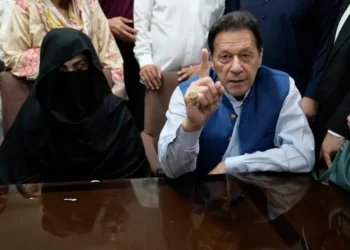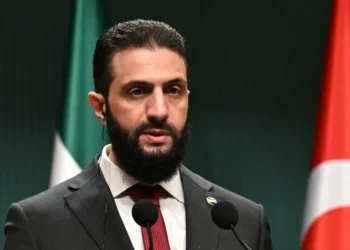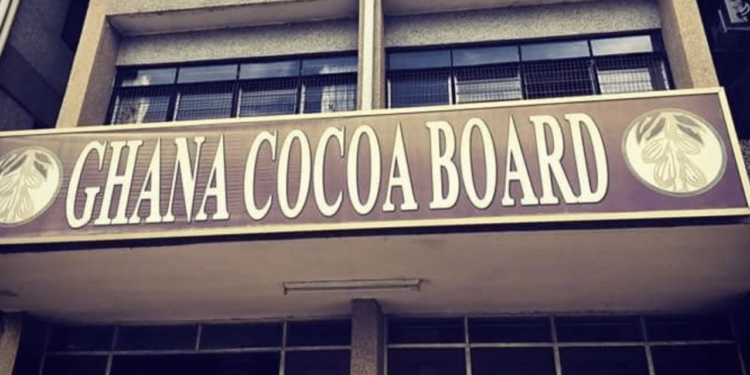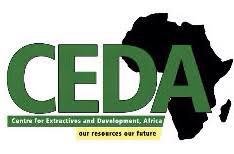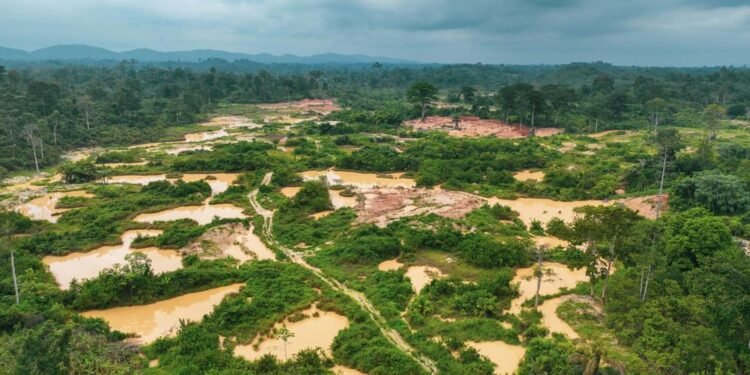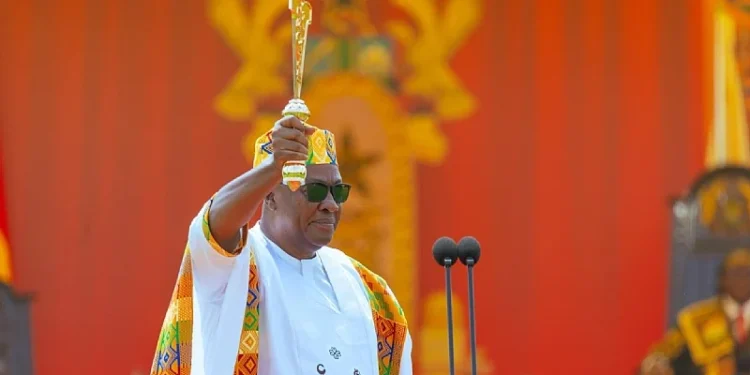Nepal’s newly appointed Prime Minister, Pushpa Kamal Dahal, took his oath on Monday, December 26, 2022 leading a delicate coalition that includes his former opponent and other smaller political parties.
The Maoist Communist party leader was sworn in by President Bidhya Devi Bhandari at the President’s House in Kathmandu at a ceremony attended by top officials, diplomats and politicians.
Dahal has appointed three deputies and four other ministers in the Cabinet that is expected to be expanded in the next few days to accommodate more members from the seven parties in the new coalition government.
Dahal has the support of more than half the members of the newly elected 275-member House of Representatives, the lower house of Parliament where he will have to prove his majority.
It is Dahal’s third time in power since his Maoist group quit an armed revolt and joined mainstream politics in 2006.
Besides having to hold together political parties with different beliefs, Dahal has to grapple with reviving the country’s economy that was hit hard by the pandemic and balance relations with its giant neighbors; China and India, each vying for influence in Nepal.
Seven parties are supporting Dahal, including his friend-turned-foe Communist Party of Nepal (United Marxist-Leninist), led by Khadga Prasad Oli.
Dahal and Oli had partnered in the last parliamentary election in 2017, but midway through the five-year term they began to quarrel on who would continue as the Prime Minister.
It was initially agreed that they would share the term but Oli apparently refused, angering Dahal.
Dahal abandoned the partnership and aligned with Sher Bahadur Deuba and his Nepali Congress party to be part of a new coalition government that was led by Deuba.
After the November 20 elections, Deuba and Dahal fell out after failing to agree on who would become the Prime Minister.
Dahal, also known as Prachanda, or the “fierce one,” led a violent Maoist communist insurgency from 1996 to 2006. More than 17,000 people were killed and the status of many others remains unknown.
The Maoists gave up their armed revolt, joined a U.N.-assisted peace process in 2006 and entered mainstream politics. Dahal’s party secured the most parliamentary seats in 2008 and he became Prime Minister, but quit a year later over differences with the President.
Dahal Unlikely To Stabilize The Country
Analysts have stated that Prime Minister Pushpa Kamal Dahal is unlikely to provide the country with stability due to many coalition partners. He also faces serious economic challenges.
Inflation is more than 8%, the highest in six years. Nepal, situated between China and India, also faces dwindling foreign exchange reserves, with an increasing dependence on imports of basic goods.
Former Central Bank Governor, Deependra Bahadur Kshetri noted, “It is unlikely for the economy to grow as political instability will spook investment and businesses.”
Nepal has seen ten government changes since 2008 when the 239-year-old monarchy was abolished.
READ ALSO: The Cedi Is Prepared For Another Significant Accomplishment – Annoh-Dompreh

